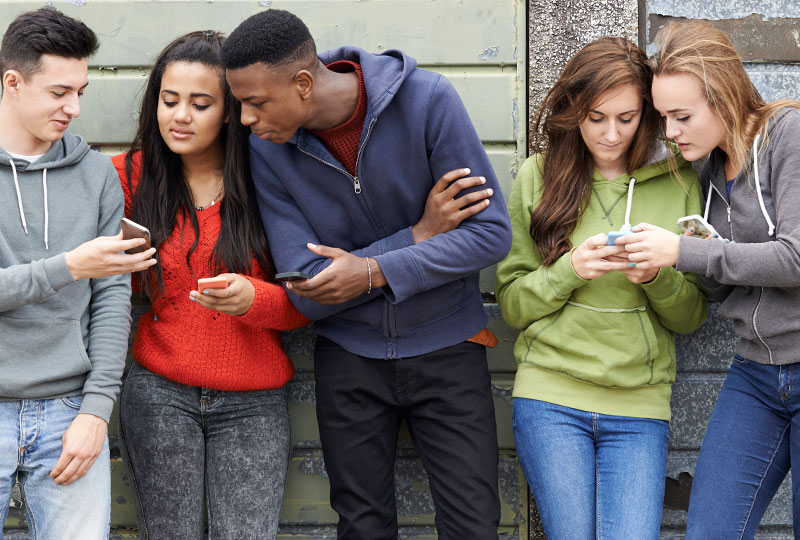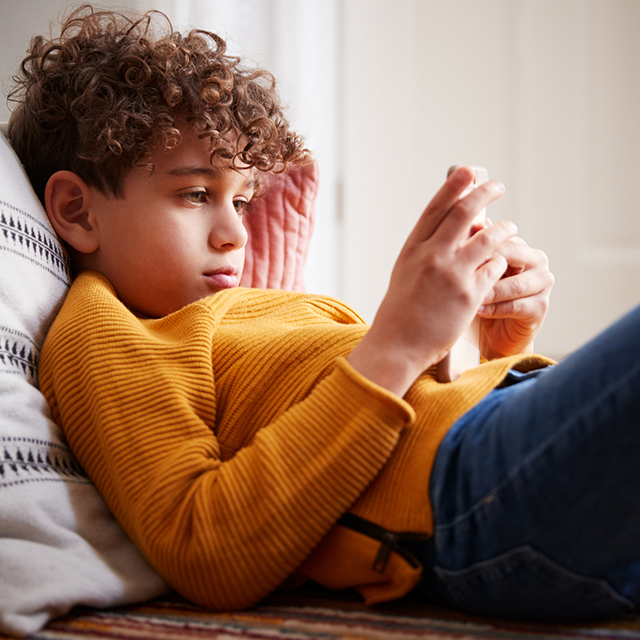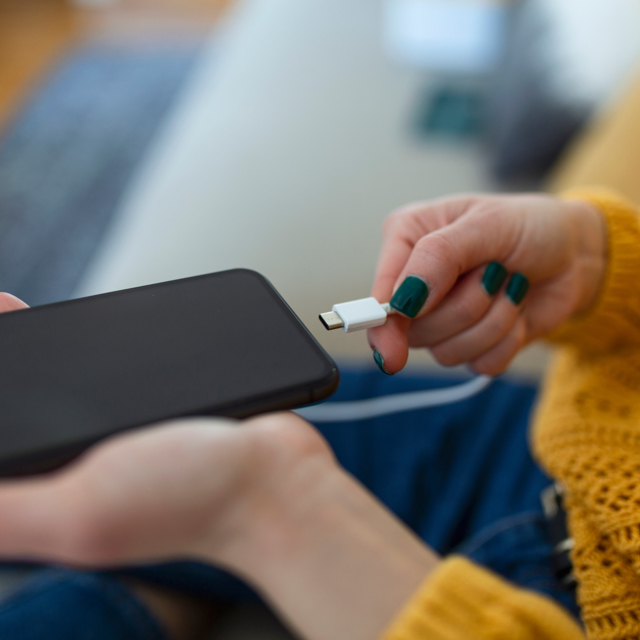Too much screen time can lead to problems, but parents can take precautions.
With mobile devices always at our fingertips, our kids have access to a constant barrage of media, and it may be affecting their health.
On average, teenagers spend more than 6.5 hours a day using screen media, and tweens (ages 8 to 12) devote more than 4.5 hours of their day to screen time, according to a new report from Common Sense Media.
Too much screen time can have consequences, says Bradley Freeman, M.D., of Vanderbilt Behavioral Health.
“The most significant concerns about media consumption include isolation from in-person human contact, sleep disturbance, and getting involved with unhealthy habits or potentially harmful information,” Freeman explains. “Parents must be good role models with regard to media consumption and provide adequate supervision of their child’s media use.”
Freeman answers your top questions when it comes to digital media and your children:
How do I know if my child is using digital media too much or in an unhealthy way?
“The sleep cycle can be disrupted — especially if the individual is using a screen at bedtime. The light from the screen causes the brain to think it is too early for sleep, and the circadian rhythm can be disrupted, resulting in poor sleep, which can lead to a variety of issues. These can be daytime fatigue, irritability, mood symptoms, poor concentration and decreased alertness.”
What are the psychological effects of too much screen time?
“Psychological effects mainly result from the social isolation, exposure to harmful material, and internet addiction. Studies suggest excessive video gaming causes changes in the brain consistent with addiction. A recent study suggested too much video game exposure results in lower verbal IQ. A strong preference for video gaming or screen time over in-person interaction could support an evaluation for autism.”
Should I encourage social media use in my shy child?
“For socially anxious children, social media can be used as a tool to begin to build relationships. Some people might argue this only perpetuates the problem, but I liken this strategy to schooling before going out and getting a job. Anxious children may benefit from building and practicing their social skills in a safe environment prior to in-person contact. Not all children learn social skills easily through on-the-job training. Still, social media is not a replacement for human interaction.”
My child likes to listen to music, text his or her friends or watch TV while doing homework. Is this a problem?
“It becomes a problem if his or her academic achievement is compromised. Parents should consider using these diversions, and others, as a reward for a job well done — if the child’s performance is suffering. All children are unique and learn in their own way. Still, teaching and enforcing good study habits is never a bad idea.”
Learn more about talking to your teen about safe, healthy social media use.




